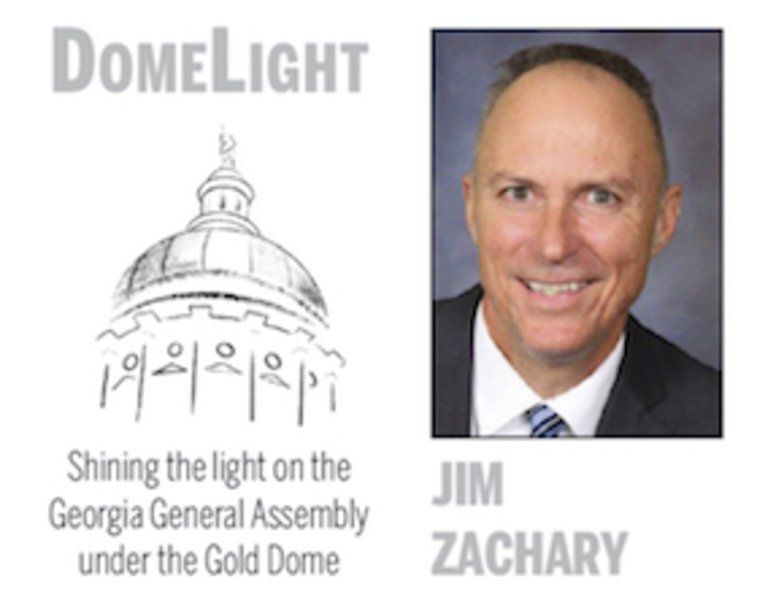ZACHARY: General Assembly should codify public access
Published 6:15 am Saturday, March 16, 2019

- DomeLight by Jim Zachary
Georgia lawmakers have been busy.
This has been a very active legislative session and both the House and Senate have taken on several substantive issues.
Trending
They have taken up Medicaid waivers, hate crimes legislation, medical cannabis and hemp cultivation, abortion, promotion of rural broadband, school vouchers and the largest budget in state history.
It could be argued that this is among the most weighty legislative calendars in state history as well.
There has been a lot of vigorous debate.
Lawmakers on both sides of the aisle have drafted legislation, sponsored bills, made their case in committee, engaged in meaningful exchanges with their peers, tweaked and revised their bills, garnered support in their own party and by reaching across the aisle, and the lion’s share of all that work has been conducted out in the open.
Most of the heavy lifting in the Statehouse happens at the committee level.
Often times when bills are heard in committee, the rooms are packed. But then again, some of the rooms are so small it doesn’t take many people to pack them out, so though not closed, not everyone has ready access.
Trending
For the most part, journalists and the general public, along with the special guests of the lawmakers themselves and people who might be impacted by a particular measure, are in attendance. Sometimes they even speak.
Lawmakers are always gracious and seem to embrace that level of openness and access.
Most committee meetings are live streamed and that is a great public service. Still, some subcommittee meetings are not streamed online and easily could be.
So, why do state lawmakers exempt themselves from the Georgia Open Meetings Act?
The General Assembly ratified a rewrite of the state’s Sunshine Laws in 2012. At that time they said that openness in government is the strong public policy of the state of Georgia.
That was the perfect time for the House and Senate to apply the same principles of open government to themselves that they require of local governments across the state.
The fact that state lawmakers exempt themselves from what they require of counties, cities and boards of education sometimes breeds contempt from local officials, and it should.
Unfortunately, it leads some local officials to the conclusion that they should not be required to be any more open than state lawmakers require themselves to be.
The exact opposite is true.
State lawmakers should expect at least as much of themselves as they expect of city council members, county commissioners, school board members and all elected and appointed local officials who serve on committees, boards and authorities.
Perhaps the Open Meetings Act itself is too specific to apply to the General Assembly. But legislation that codifies requirements for all the deliberations of state lawmakers to be open, public meetings is simply the right thing to do. All the business they are doing under the Gold Dome is the people’s business.
The General Assembly should not only practice what it preaches, it should make it the law.
CNHI Deputy National Editor Jim Zachary, is regional editor of CNHI’s Georgia, Florida, Mississippi, Alabama and Texas newspapers, editor of The Valdosta Daily Times and the vice president of the Georgia First Amendment Foundation.





